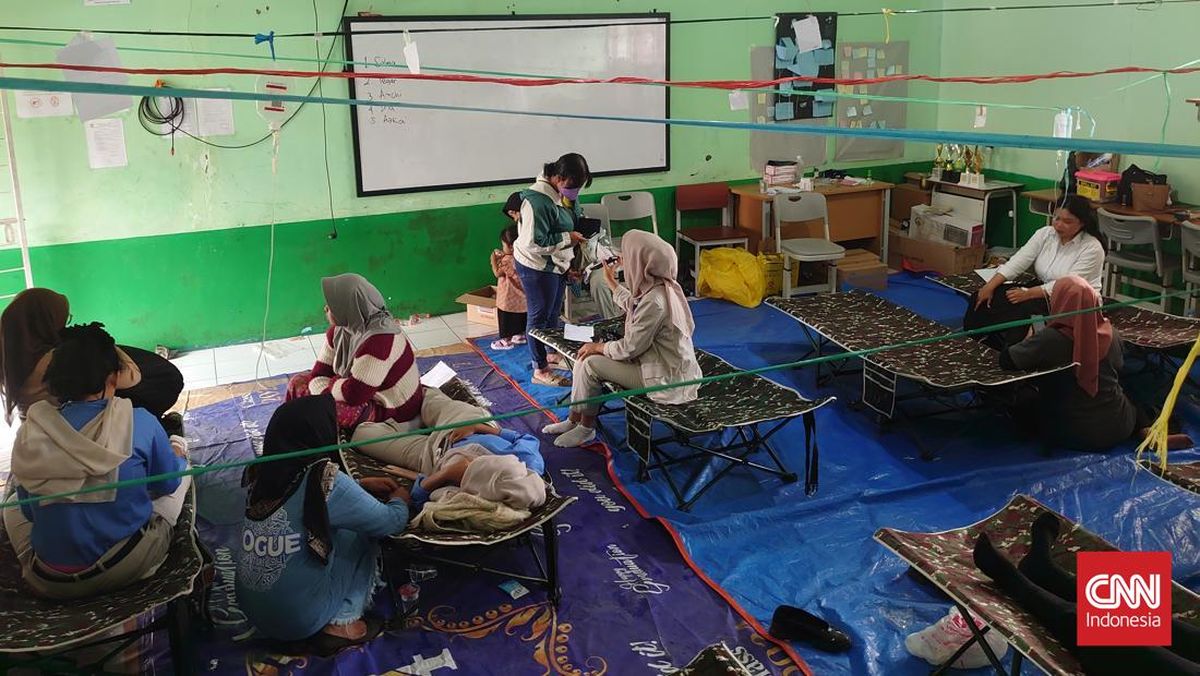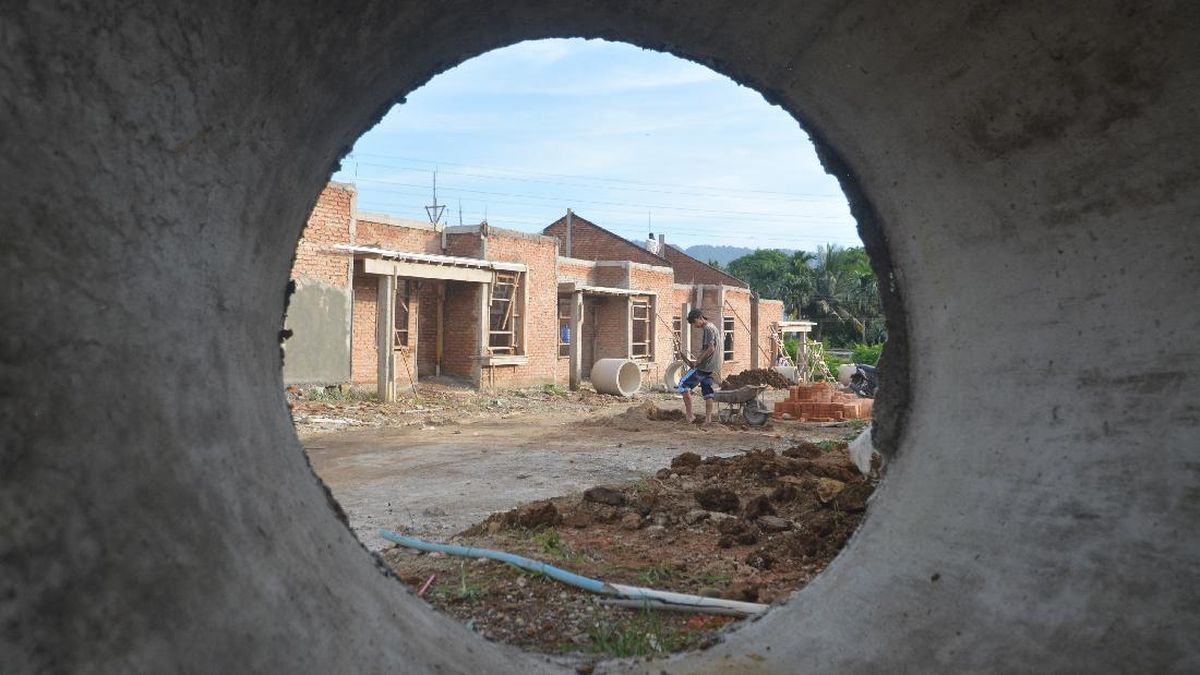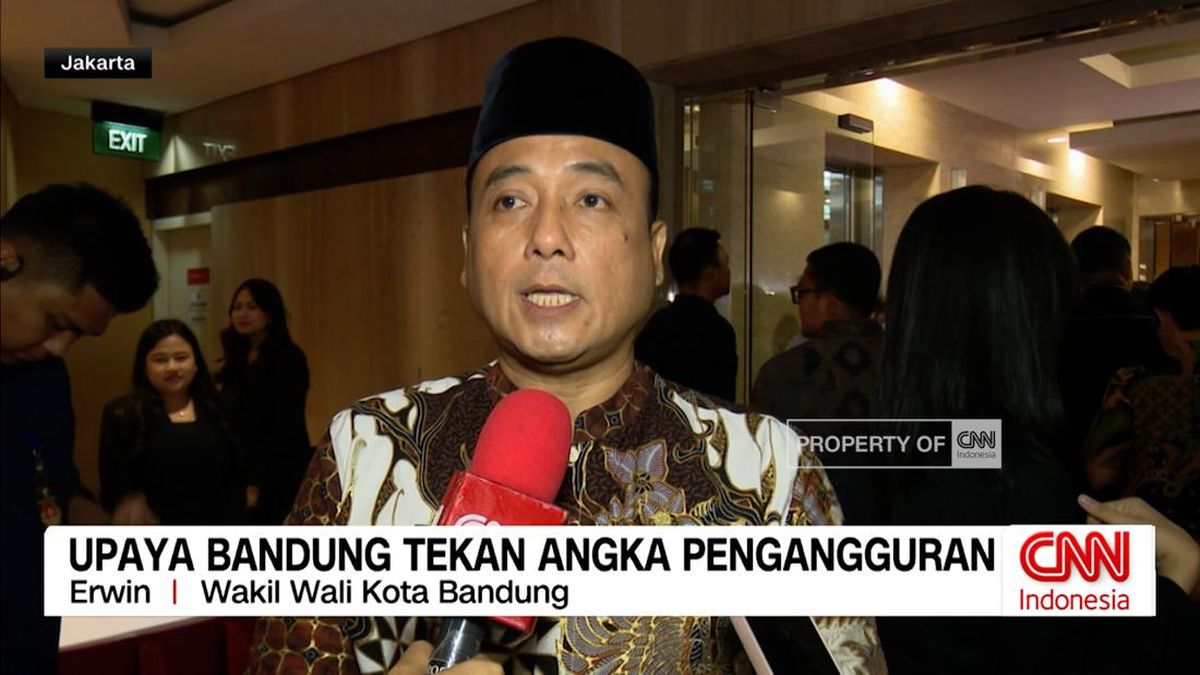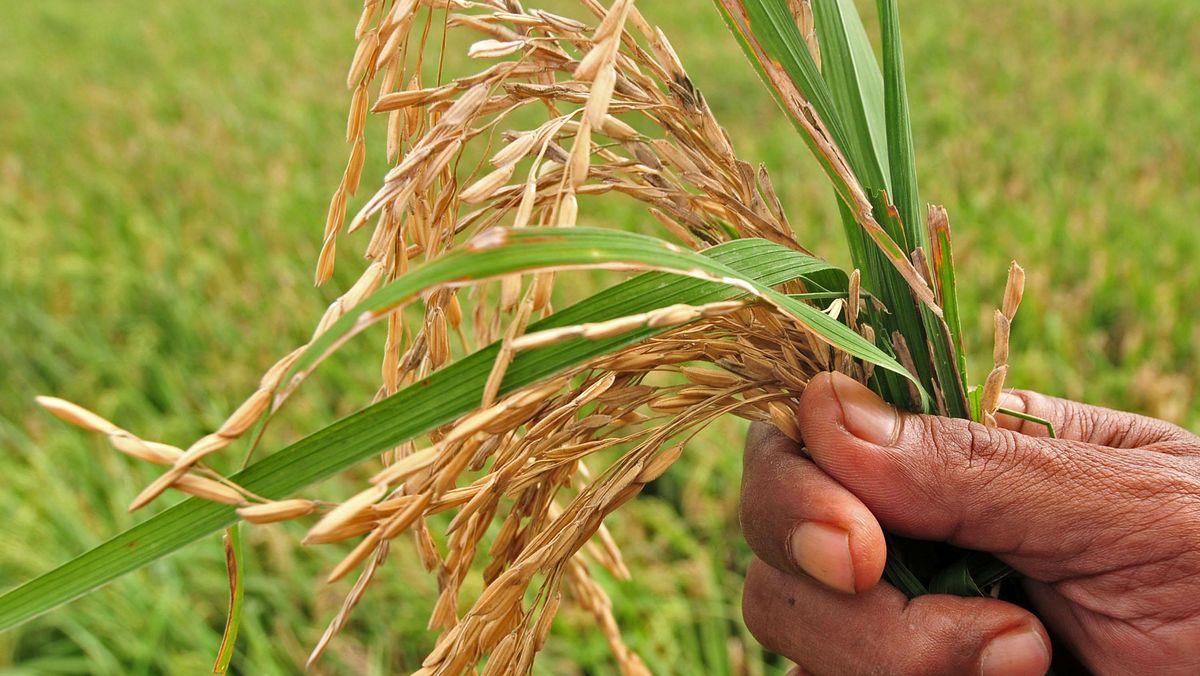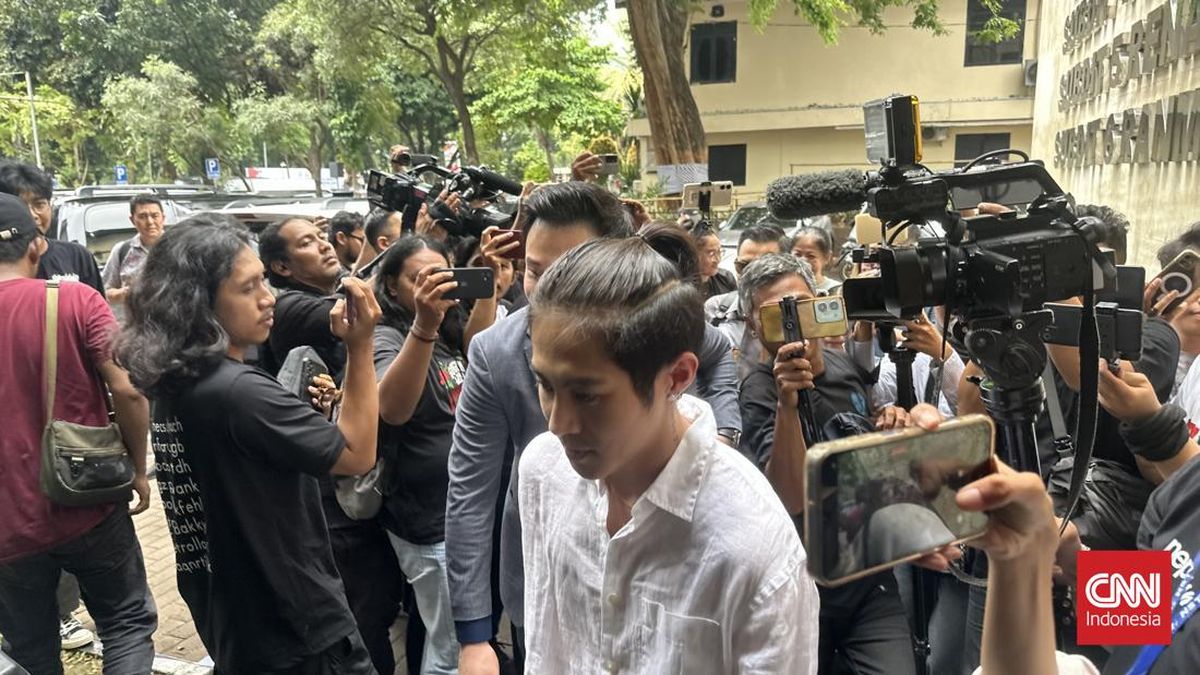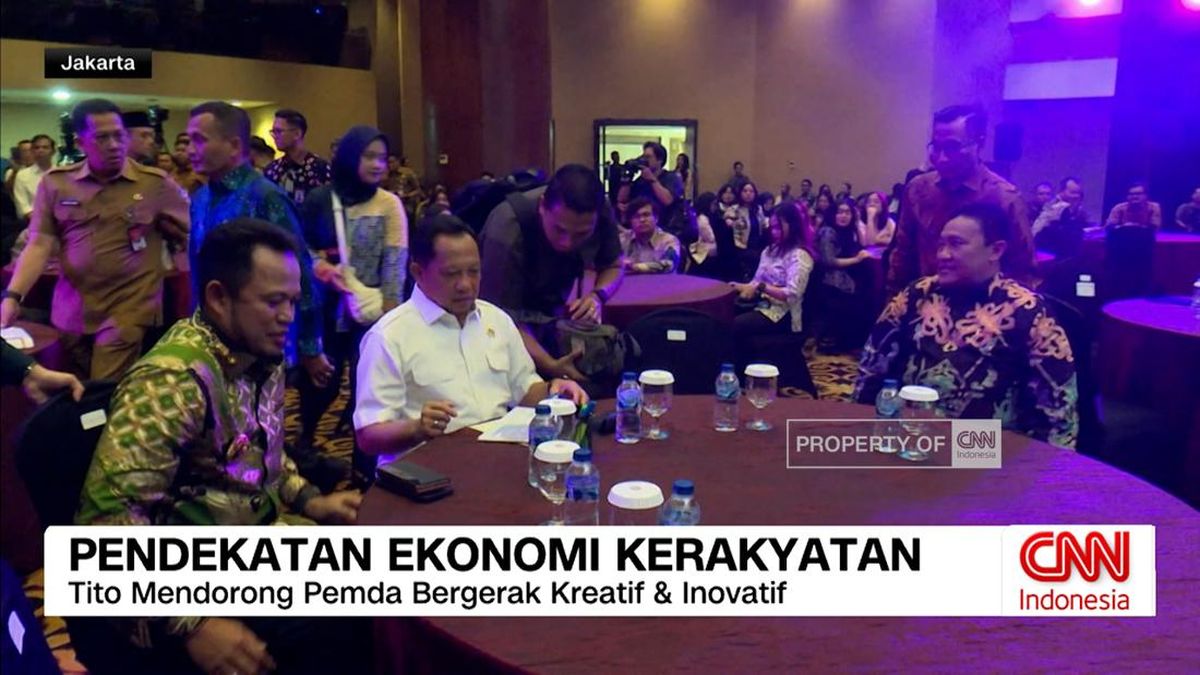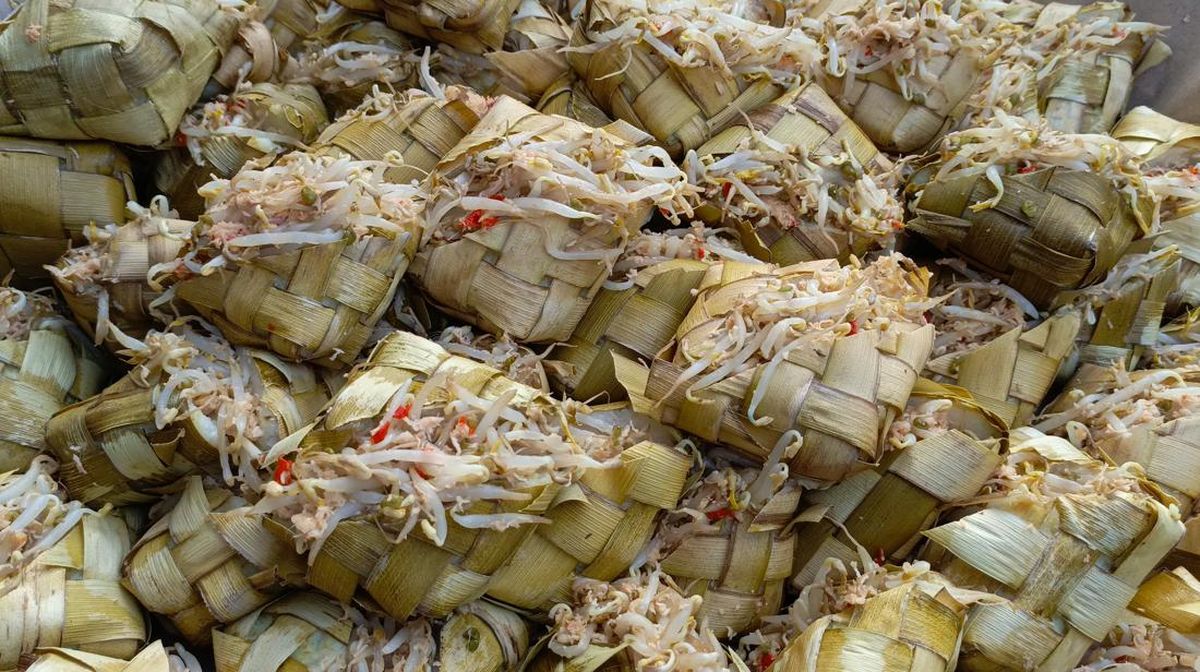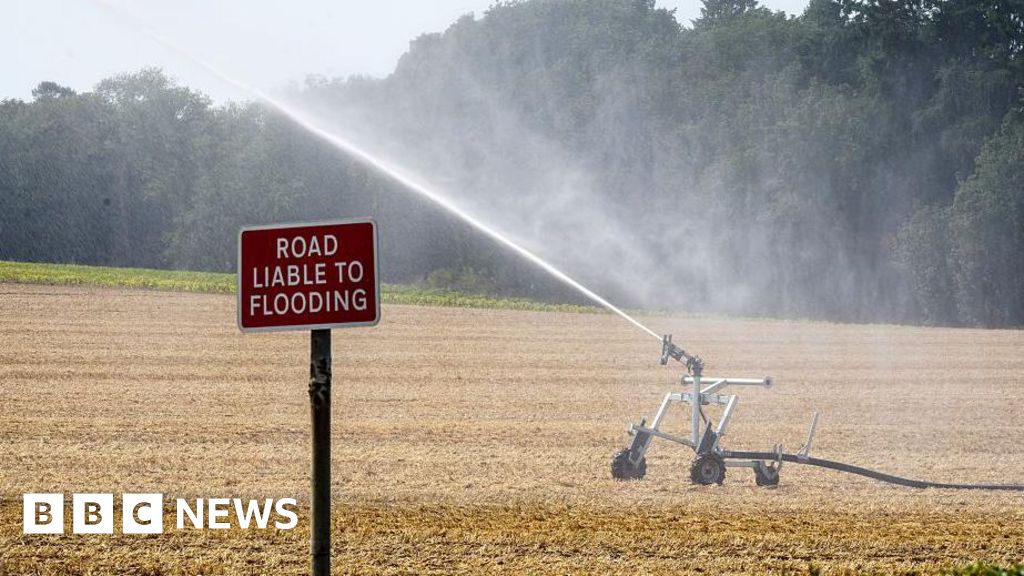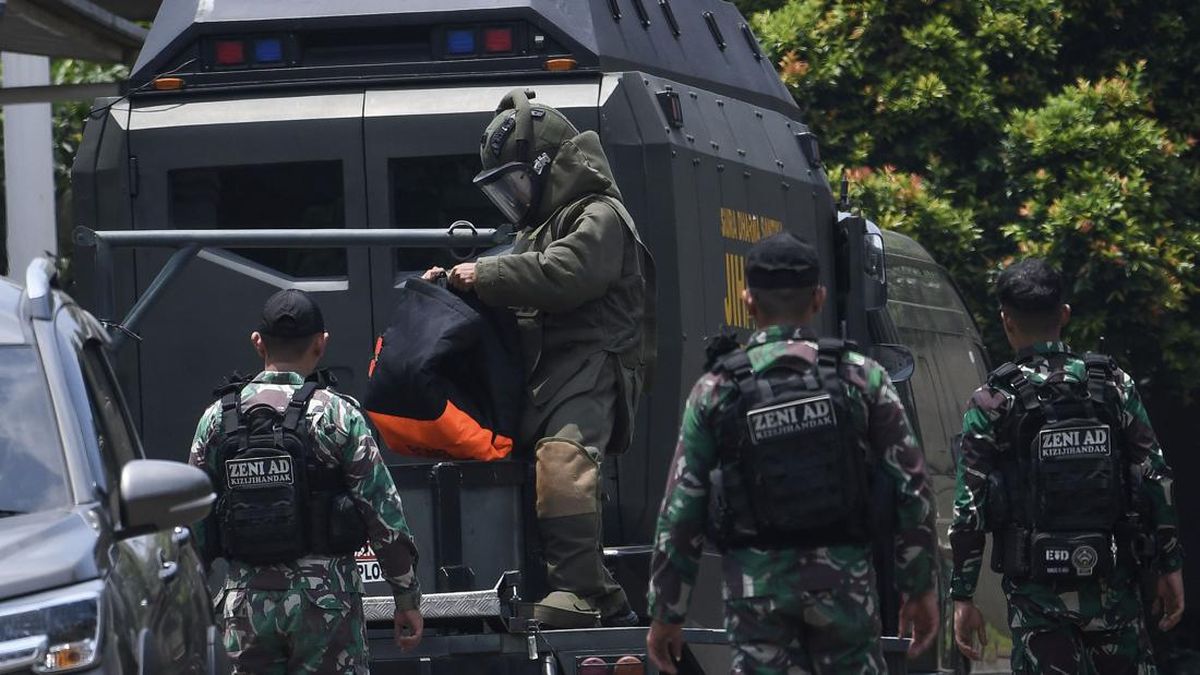
POLITICS
Turbulence: Australian Foreign Policy in the Trump Era
Clinton Fernandes
Melbourne University Publishing, $17.99
What makes Australia relevant in the 21st century? It’s a question the Albanese government thinks about constantly and wants the Trump administration to know that the decisions made in Canberra are designed to flatter and appease the US president, no matter the potential downsides for Australia.
Think AUKUS, the US getting a massive share of Australia’s rare earths or the growing presence of American troops and intelligence assets on Australian soil. And this doesn’t even acknowledge the increasingly authoritarian policies and statements of Trump himself.
It’s beyond the intellectual abilities of the entire Australian government to imagine a world where we aren’t entirely subservient to Washington’s dictates. Our semi-colonial status is lauded instead of being disparaged. A truly independent foreign policy is deemed impossible.
We’re too desperate to be liked even when it’s not clear that Trump could locate Pine Gap, in central Australia, a US intelligence gathering base that’s assisted Israel in its genocide in Gaza and the US during its bloody “war on terror” since September 11, 2001. A self-respecting nation wouldn’t tolerate this installation on its soil.
Clinton Fernandes, professor of international and political studies at the University of New South Wales, has a distinguished record in the past decades explaining Australia’s relationship with its closest and furthest allies.

US intelligence facility Pine Gap in central Australia. Credit: Kristian Laemmle-Ruff
His latest book is a brutal, compelling and impeccably sourced analysis of what the second Trump administration is likely to be and how Australia fits into this agenda. Trump, Fernandes writes, “seeks economic control over” China and if that fails, “economic separation” from Beijing. To achieve this, Trump is “applying pressure on three geopolitical frontlines, Europe, the Middle East and China”.
Fernandes offers a withering critique of the AUKUS nuclear submarine deal, endlessly praised by the Albanese government, Coalition opposition and mainstream media, as “demonstrating Australia’s relevance to the United States as it tries to preserve US dominance of the region”.
So much of the liberal discussion and fear around Trump suggests that he’s an isolationist who hates the US’s traditional allies. In fact, as Fernandes astutely observes, “he’s a sovereigntist. Sovereigntists are not anti-interventionists. They are illiberal, reactionary internationalists … Today’s sovereigntists aim to weaken non-Western associations that seek a more democratic international order.”
It’s why Trump embraces reactionary parties from Israel to Argentina and Italy to Germany. He’s a proud imperialist (not unlike every US president before him, though perhaps more honest about his intentions than Democratic politicians).

Residents of Port Kembla, NSW, protesting against the proposed AUKUS nuclear submarine base.
This book should be required reading for any student of history and frankly the entire Canberra press gallery, who seem to view the Australia/US alliance as either one of equals or a benign superpower looking after its obedient children all in the name of world peace (even if some eggs have to be cracked in the process, including the obliteration of international law in Gaza and beyond).
A particularly intriguing section involves Australia’s knowledge of Israel’s covert nuclear weapons program. Fernandes details how Australia has known for decades that Israel is a nuclear-armed state and yet never considers imposing sanctions on this illegal weaponry. “Because Israel performs a major service to the geopolitical West’s control of the Middle East,” Fernandes explains, “and its nuclear weapons allow it to remain the dominant military power in the region” (undoubtedly enhanced in the last years with the Israeli defanging of Hamas, Hezbollah and Iran).
Washington routinely shares its intelligence on Israel’s nuclear program with Australia. It’s therefore laughable when Canberra talks about a nuclear-free Middle East and conveniently ignores Israel’s arsenal. This hypocrisy is even stronger when reading Australian intelligence assessments of Tehran’s nuclear program that it is defensive and not aggressive.
Loading
Barely a week goes by without Australian government talking up its credentials on the world stage. Federal Resources Minister Madeleine King recently spoke at the Australia-Japan Joint Business Conference in Perth and told the Australian Financial Review that Australia’s gas exports kept it relevant in regional security discussions in the Indo-Pacific.
Australia’s ability to “speak about international issues” is code for the least popular child in the schoolyard hoping and praying that the coolest kid takes note (while still stealing your lunch money).
Fernandes is uncompromising in his prose with little time for defenders of failed policies. “True believers in AUKUS are just one generation removed from true believers in the Afghanistan commitment,” he concludes.
Loading
Lest we forget the politicians and journalists cheerleading for the invasion and disastrous occupation of Afghanistan for close to 20 years before reality and a US withdrawal in 2021 forced them to see sense. AUKUS, Fernandes predicts, is akin to a faith-based program that many Australian officials would like to believe in, a world that doesn’t exist (and never will), of never-ending US dominance (and Australian subservience).
Fernandes has an enviable record of political analysis. Whether it’s his 2004 book, Reluctant Saviour, which detailed how the Howard government had originally wanted to allow Indonesia to run riot in East Timor in the late 1990s or 2022’s Sub-Imperial Power on the uncomfortable truths about Australia’s real role in the world.
Turbulence is no exception and forces us to confront who we are as a nation. The picture isn’t pretty.
Antony Loewenstein is an independent journalist, filmmaker and author of the Walkley-Award winning book The Palestine Laboratory.
Most Viewed in Culture
Loading


